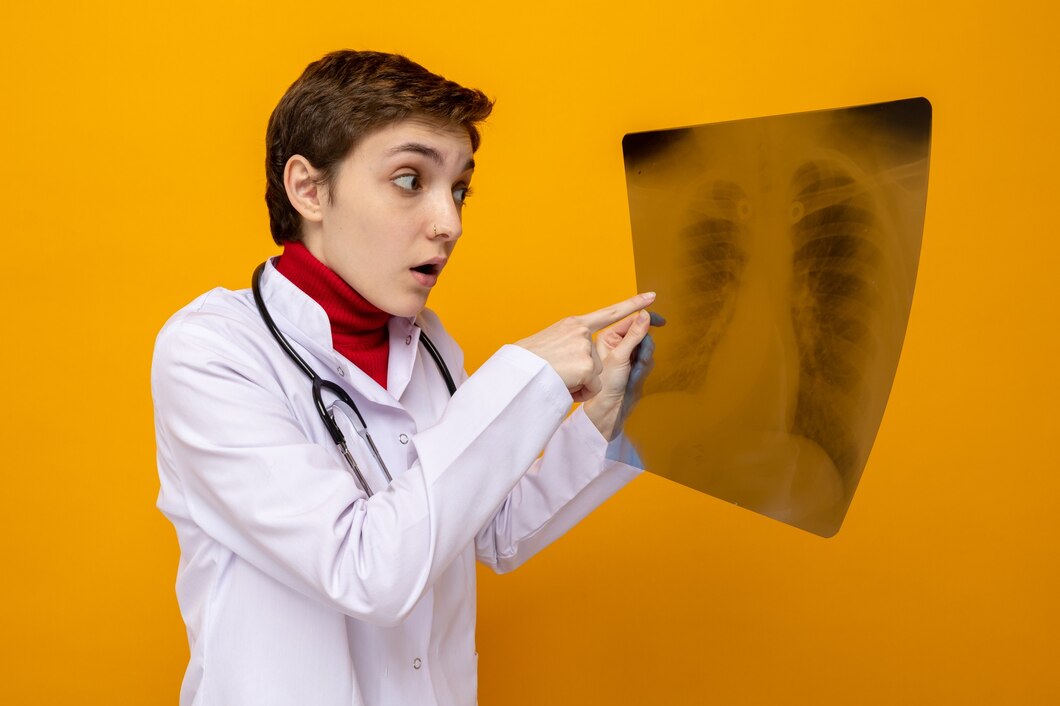Pulmonary Edema: Causes, Symptoms, Treatment

Pulmonary edema is a condition of potentially fatal nature defined by too much fluid in the alveoli and pulmonary parenchyma. This accumulation of fluid hampers the normal functionality of the lungs since breathing becomes labored, and the swapping of gasses is also affected.
Causes of Pulmonary Edema
There are several underlying causes that can lead to the development of pulmonary edema, including:
- Cardiogenic pulmonary edema: This type of edema is associated with problems with the heart like heart failure, coronary artery disease or diseases of the heart valves that result in raised pressures within the blood vessels supplying the lungs.
- Non-cardiogenic pulmonary edema: This type of edema is not strictly classified as a heart issue but can develop due to numerous factors such as ARDS, extensive pneumonia, high altitude sickness, or in contact with toxins/irritants.
- Neurogenic pulmonary edema: It is a rather odd type of edema that may be diagnosed when an individual has suffered a major head or spinal cord injury that compromises the body’s ability to regulate fluid levels in the lungs.
Symptoms of Pulmonary Edema
Pulmonary edema occurs when there is excessive fluid in the lungs, and the extent of the condition will dictate the severity of the resultant symptoms. Common symptoms include:
- Shortness of breath (dyspnea)
- Breathing which is accompanied by a whistling sound or rough, crackling noises.
- Coughing, often with frothy or pink colored sputum.
- Chest pain or tightness
- Rapid breathing (tachypnea)
- Anxiety or restlessness
- Fatigue or weakness
Sometimes pulmonary edema results in respiratory failure in which the lungs can no longer deliver adequate oxygen to the rest of the body. Consider consulting a Pulmonologist in Lahore if you have this condition.
Diagnosis and Treatment
Thus, if pulmonary edema is considered, one should seek urgent medical help. Categorization normally requires assessment such as physical exploration, chest movies or a CAT output, and other checks to confirm the root cause.
The management of pulmonary edema varies with the severity of the condition and causes. In acute cases, immediate treatment may include:
- Oxygen therapy: Oxygen therapy is used at times with a view to enhancing the levels of oxygen in the blood.
- Diuretic medications: These medications assist in flushing out water from the lungs as well as body tissues.
- Vasodilator medications: Vasodilator drugs are useful to decrease the amount of work done by the heart and to increase blood supply.
- Mechanical ventilation: There may be cases where the patient will need the assistance of a ventilator in order to breathe properly.
Treating the cause is also imperative, for instance presence of heart failure, infections, or lung injuries or exposure to toxic products.
Prevention and Management
If one is predisposed to the development of pulmonary edema, one has to ensure that they practice the following; control of other diseases and illnesses that may cause pulmonary edema like diseases of the heart, lung disorders, and staying away from high altitudes. It is recommended that patients with risk factors for developing pulmonary edema follow appointments for check-ups, follow the instructions given by their Pulmonologist in Islamabad.
It is, therefore, important that if you have a disease that may lead to pulmonary edema, you should know the signs and how to seek particular medical assistance when you have them. The patients diagnosed with the condition should receive effective early treatment and care in order to avoid serious consequences.







